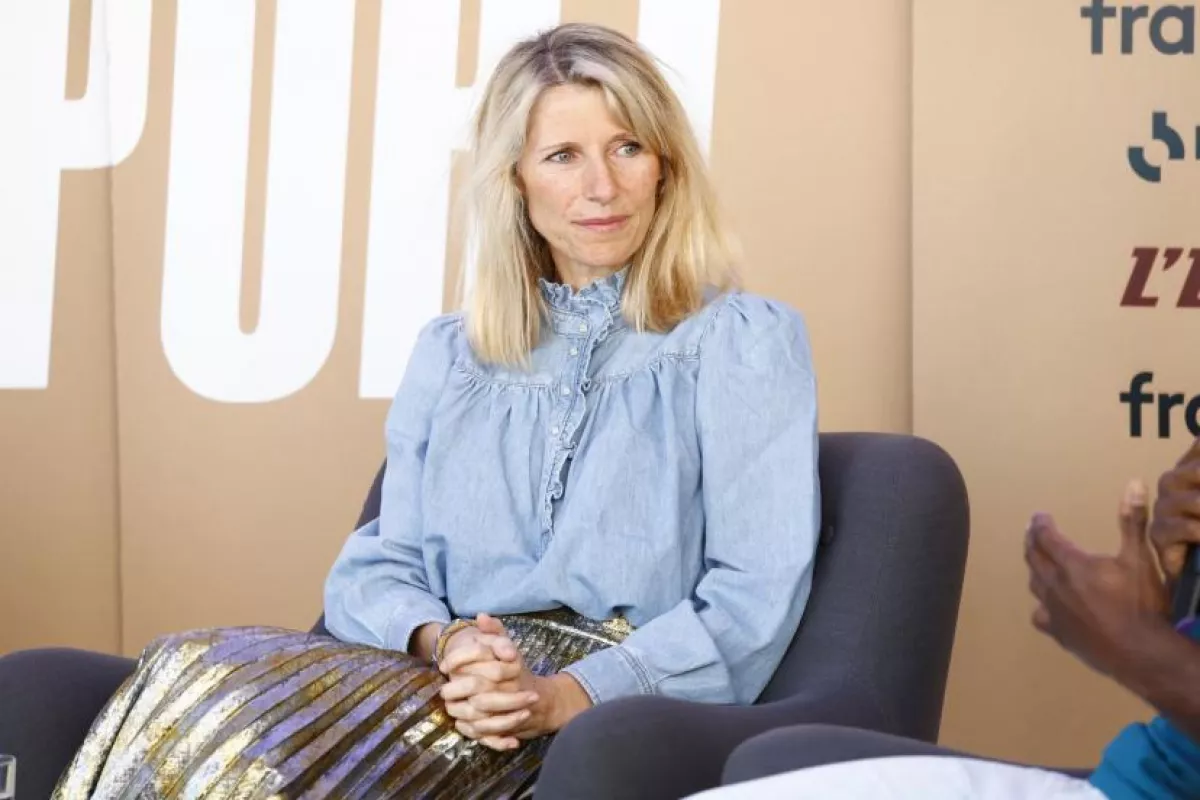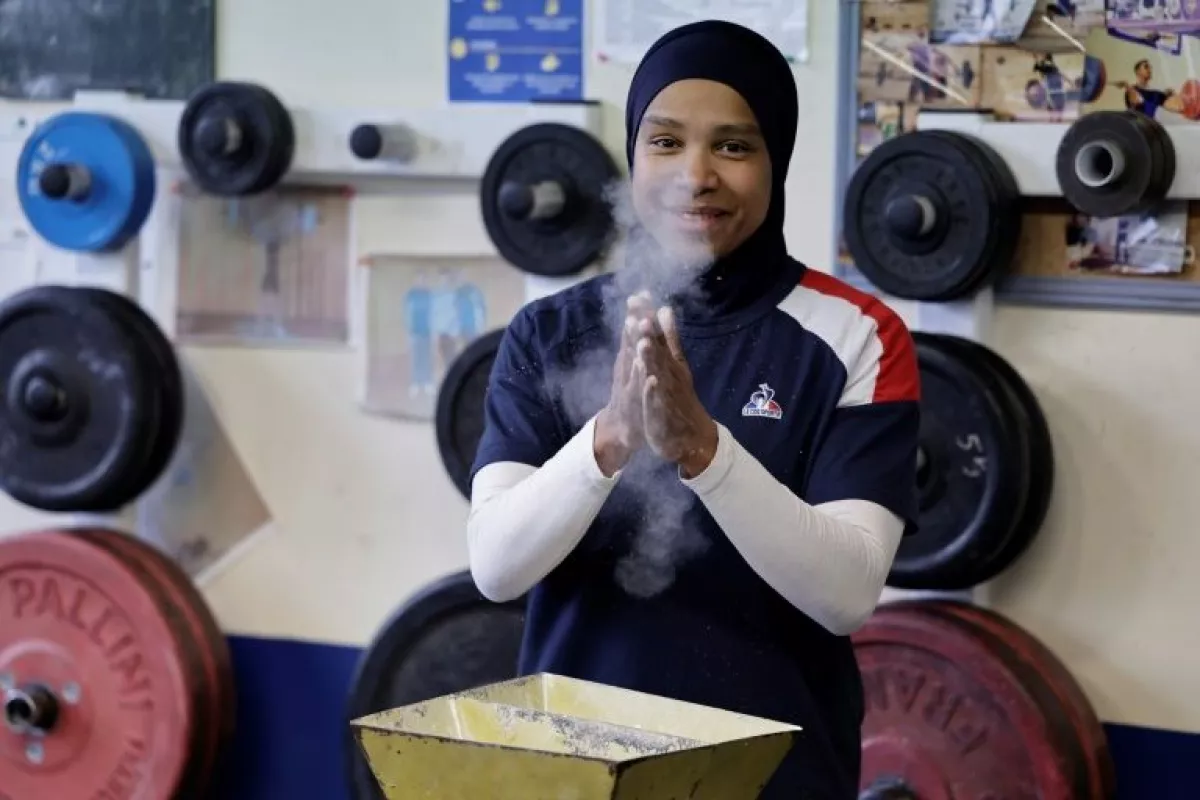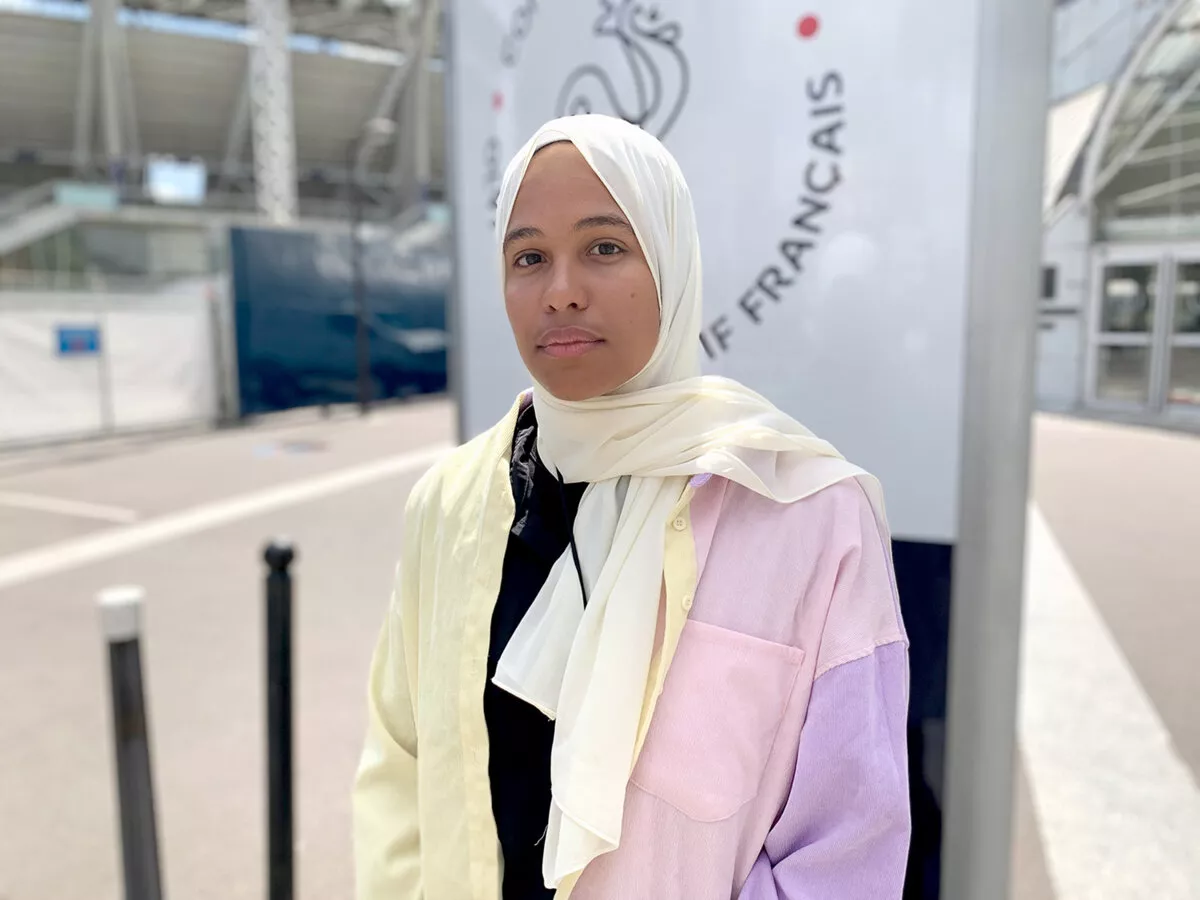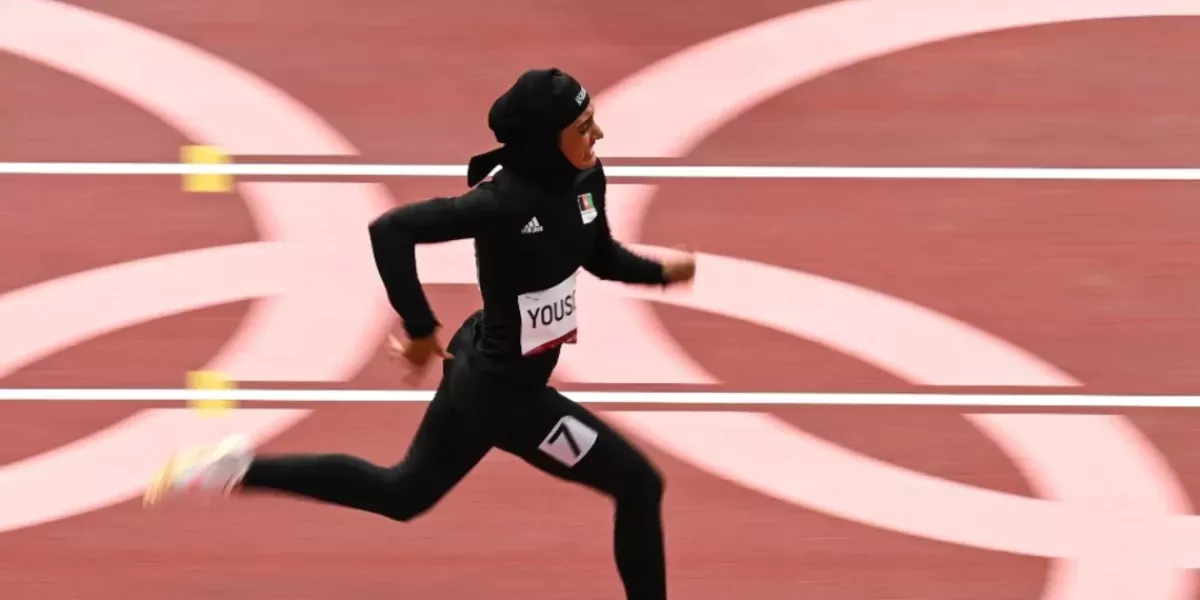French xenophobia under mask of secularism The evolution of Islamophobia
An article dedicated to Islamophobia in France has been published on the Arabic website Sunna Files. Caliber.Az reprints the article.
The hijab may soon be banned from all sports competitions in France, as the lower house of parliament is due to vote on a bill widely condemned by Muslim athletes and human rights advocates as Islamophobic.
The so-called “law on secularism in sport” was first adopted by the Senate, the upper house of parliament, in February.
It prohibits “the wearing of any sign or clothing that ostentatiously displays political or religious affiliation” during all sports competitions, excludes any use of sports equipment made available by a local authority to practice a religion, and imposes “respect for the principles of public service neutrality and secularism” in swimming pools.
Until now, individual sports federations were responsible for setting their own rules on these matters. Some of them – such as basketball, volleyball and football – have already banned the hijab during competitions. The proposed law aims to extend that ban across all sports federations.
The bill has been backed by Prime Minister Francois Bayrou and government heavyweights, including Justice Minister Gerald Darmanin and Interior Minister Bruno Retailleau, who described the wearing of the hijab as a form of “entryism”.
The term, derived from Trotskyist ideology, refers to a tactic of infiltrating mainstream organisations to advance a specific ideological agenda. Several ministers have argued that Muslim women wearing the hijab while practising sports do so to promote “Islamism” in France.
Last week, at a meeting held “against Islamism” in Paris, Retailleau emphasised his support for the bill, declaring: “Long live sports and down with the veil.”
The bill caused some upheaval within the government, with a few members expressing criticism, such as Sports Minister Marie Barsacq, who stressed women’s right to “exercise their religious freedom”.

As the new bill has captured media and political attention in recent weeks, athletes who wear the hijab worry it is very likely to be adopted given the configuration of parliament, which is dominated by an alliance of the centre-right presidential party and the far right on these issues, as well as rising Islamophobia in the country.
Activists and rights groups have long expressed concern that the intense focus on the hijab and Muslim women’s clothing in general in France – often under the pretext of “laicite”, a form of secularism that bans religious symbols within state institutions – is a symptom of normalised Islamophobia.
In France, public servants are banned from wearing religious symbols at work, and Muslim teenagers are prohibited from wearing the hijab in schools. In 2023, the government also banned the abaya dress in public educational institutions. In 2010, it adopted a law banning the niqab in public spaces – a law the UN Human Rights Committee said violates the right to manifest religious beliefs.
“Moving abroad”
Sylvie Eberena, a 44-year-old national weightlifting champion, says she “doesn’t have that much hope left” that the ban will not be enforced.

“After the Olympic Games, I felt like a general ban in sports was going to happen,” she told Middle East Eye, referring to the hijab ban France imposed on its athletes when it hosted the Olympic Games last summer – the only country to do so.
UN experts and rights organisations slammed the move as discriminatory.
Eberena, who has been practising weightlifting for four years, is considering leaving France to continue practising her sport with her veil.
“Sports is almost everything to me. It is my job, my passion and a moment of peace,” she said.
“I have four children. The youngest daughter has decided to wear the hijab, and I am feeling anxious instead of feeling happy. She is also doing weightlifting, and I’m scared for her,” she added.
Although a report from the minister of interior concluded there is no “structural or even significant phenomenon of radicalisation or communitarianism in sport”, French politicians continue to promote the hijab ban as a way to fight “Islamist radicalisation”.
However, the report underlines that “many radicalisation processes are marked by the cessation of sport – an accident that ended a sporting career, cessation of team sport before leaving for Syria [to join the Islamic State group], withdrawal of girls from dance classes at the time of the family’s conversion, etc.”
That’s exactly what Eberena fears. “The bill will do the opposite of what it preaches,” she said.
“It is going to put us aside. It will prevent us from blossoming. As I have always said, sports is a means of bringing people together,” she added.
Assia Verhoeven, a 24-year-old basketball player and member of Basket Pour Toutes, a group that fights against discrimination in sports, already knows the damaging effects of such a ban. She has not been allowed to play since 2022 when her federation decided to prohibit the hijab.
“Personally, the 2022 ban devastated me. I wanted my career to be in sports. I wanted my life to be in sports. And after Article 9.3 was implemented, I went through a phase of depression,” she told MEE.

Article 9.3, which was implemented by the French Basketball Federation in December 2022, entailed the ban of “any equipment with a religious or political connotation” on pitches.
Verhoeven, who is also a basketball coach and has been dreaming about becoming a professional trainer, said she is considering leaving the country to continue practising and training other athletes.
“I had hopes when the ban was only for football and basketball. But now, some politicians even want to ban the hijab in the street,” she said, in reference to statements by Jordan Bardella, a key figure of the far-right National Rally party, who pledged to ban the Islamic headscarf “in the public sphere” and then to extend it “to the street” in the long run.
“It is too much. I am seriously thinking of moving abroad,” she said.
“This bill to ban hijab in sports is also misogynistic,” Verhoeven noted. “Women are always the ones to be targeted.
“I had to stand before a disciplinary committee because I was wearing a hijab below a cap, while male trainers can wear caps without any problem.”
Dwindling personal freedoms
For Johanna Wagman, an advocacy officer for racial and religious discrimination at the French section of Amnesty International, the bill “violates human rights” and “discriminates on the basis of gender and religion”.
“Even if the narrative is one of a general ban on religious signs in France, we see very clearly in parliamentary and media debates that it is only aimed at Muslim women,” she told MEE.

“The idea behind this is that Muslim women who wear the headscarf are either complicit in what some in France call ‘separatism’, ‘communitarianism’ or ‘entryism’ – or that they are victims of these same phenomena and that they are oppressed.”
These terms, Wagman stresses, “are not recognised by international law” and are often used in public discourse to scapegoat the Muslim community.
In 2021, France adopted the law “consolidating respect for the principles of the republic”, introduced by President Emmanuel Macron to fight “separatism”.
The legislation has been accused of being discriminatory against Muslims by expanding the state’s ability to close mosques and dissolve community organisations and by introducing a new offence of “separatism” punishable by up to five years in prison.
“So in fact, in either case, rather than looking at the individuality of Muslim women, their journey, their diversity and their humanity, they are being attached to an idea, a narrative, an image, either that of an accomplice or that of a submissive person or a victim,” Wagman told MEE.
In a statement, Amnesty pointed out that “elsewhere in the world [the hijab in sports] is not a problem. Only France bans sports for women who wear the headscarf, under the pretext of fighting ‘separatism’ and in the name of secularism”.
Wagman also warned: “These bans have very concrete effects on the lives of Muslim women.
“The space – I would almost say the vital space – in which they can evolve in France is shrinking year by year, and it is increasingly difficult for them to make educational choices, career choices, choices that are guided by their individuality, by their desires and not by what they are or are not allowed to do in France.”
For Kadiatou Dabo, a 19-year-old who has fallen in love with handball and joined a student team last September, the proposed legislation “felt like a hammer blow”.
“If the bill is adopted, it is all over. I had a path all mapped out in my head. But now, I have to back down, and I will only be able to watch the matches from the stands,” she told MEE.
“It is sad that people make decisions for hijabi women without asking us for our opinion. But we are not going to give up,” she added.
“We are French. We have the French nationality. I belong here. The more I see Islamophobia rising, the more I see myself leaving this country, but why should I be the one leaving?” Kadiatou added.
As of now, it remains unclear when the bill will be voted on in parliament and whether the ban will be enforced. Two key ministers have threatened to resign if the presidential party refuses to support it.








